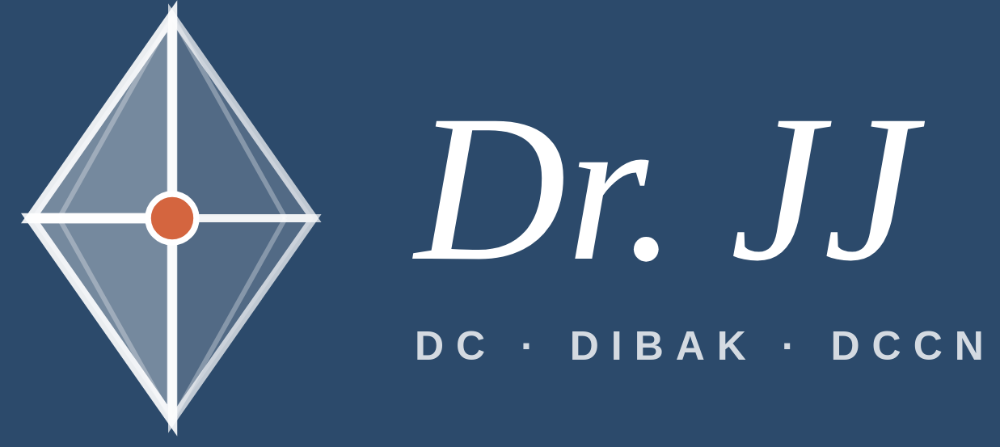Soy - It's Not What You Think
Soy has been labeled a superfood that's been said to help menopausal symptoms, decrease the risk of heart disease, reverse osteoporosis, and fight cancer.
Unfortunately, I don't believe it is the amazing thing it's made out to be, and it's time to reconsider soy's place as a panacea of modern society. Very few of these benefits have been substantiated, and in fact is outright miss-representations of the facts.
So let’s talk about all the adverse effects of soy, which are a lot and not good for your body. "Soy foods can prevent osteoporosis." This fallacy came out of the observation that Asian cultures ate soy and have little or no incidents of osteoporosis.
This is not true; Soy foods can cause deficiencies in calcium and vitamin D, both needed for healthy bones. Calcium from bone broths and vitamin D from seafood, lard and organ meats prevent osteoporosis in Asian countries—not soy foods. "Soy can prevent some cancers" this thought is based on the fact that soy contains phytoestrogens that can mimic natural estrogen.
Estrogen CAN be protective against a few types of cancer; the problem is that some of the most aggressive and horrible cancers are estrogen dependent, meaning that the more estrogen you have the fast, bigger and more invasive cancer. Also, when soy protein is processed, it results in the formation of toxic lysinoalanine, and highly carcinogenic nitrosamines. So the little protection you get from soy is nowhere near worth the potential downside in regards to cancer
"Soy helps with menopausal symptoms" while this can be true, it's kind of like trying to stop the bleeding of a gunshot would interfere with a band-aid, it doesn't fix the real problem and doesn't even do that great of a job fixing the symptom. Soy phytoestrogens can act on receptors that may help diminish some of the menopausal symptoms, but it will disrupt endocrine function and the potential for causing breast cancer in adult women and men.
Soy is also linked to hypothyroidism and thyroid cancer. The phytoestrogens are a potent antithyroid agent, and if you are inhibiting your thyroid, you will have worse symptoms than menopause. Soy foods may contain high levels of aluminum, toxic to the nervous system and the kidneys.
Also, soy has large quantities of free glutamic acid, also known as MSG, which is a potent neurotoxin. It is formed during soy food processing, and there can be additional amounts added to many soy food products. This neurotoxin has been linked to MS, Lou Gehrig's, Alzheimer, obesity, cancer, autism, migraines, and depression.
There are high levels of phytic acid in soy that affect the assimilation of calcium, magnesium, copper, iron, and zinc. During ordinary preparations of soy, such as soaking, sprouting and long slow cooking, soy is not neutralized. A high phytic diet has shown growth problems in children. When it comes to soy, the analogs in Vitamin B12, necessary to the body, are not absorbed.
Therefore, the body’s requirement for Vitamin B12 is increased. So overall, soy isn't the great thing that it's been made out to be. Oh, and I haven't even touched the topic of Genetically Modified (GMO), which is abundant in soy. For more in-depth information, visit:
Stay connected with news and updates!
Join our mailing list to receive the latest news and updates from our team.
Don't worry, your information will not be shared.

